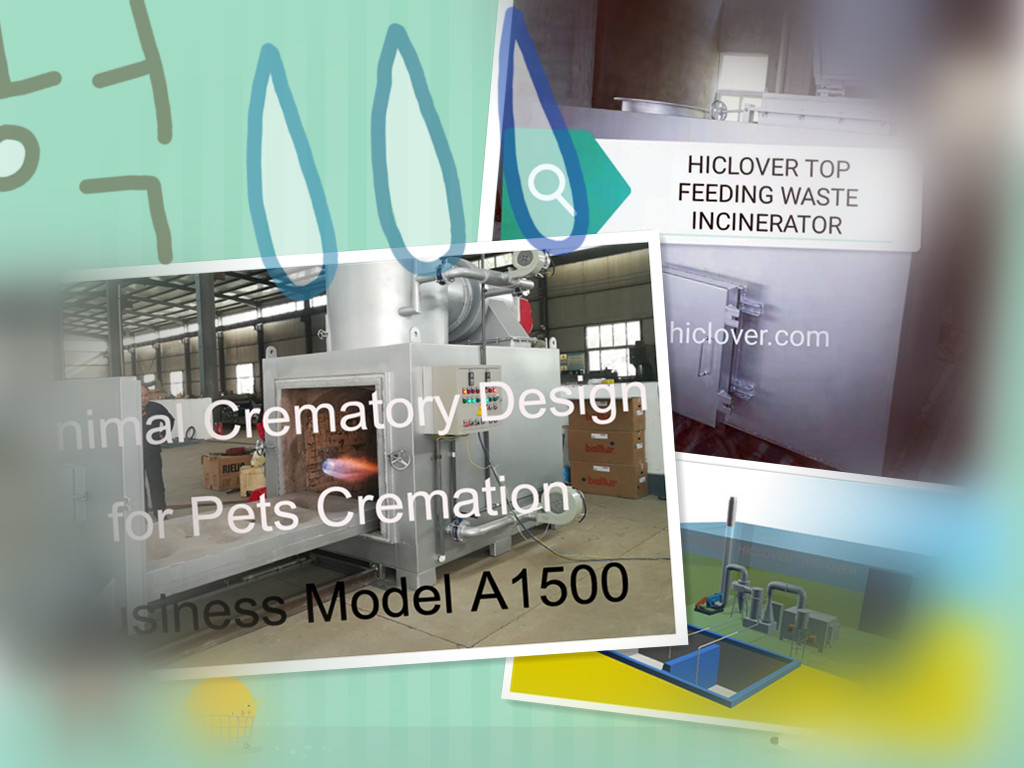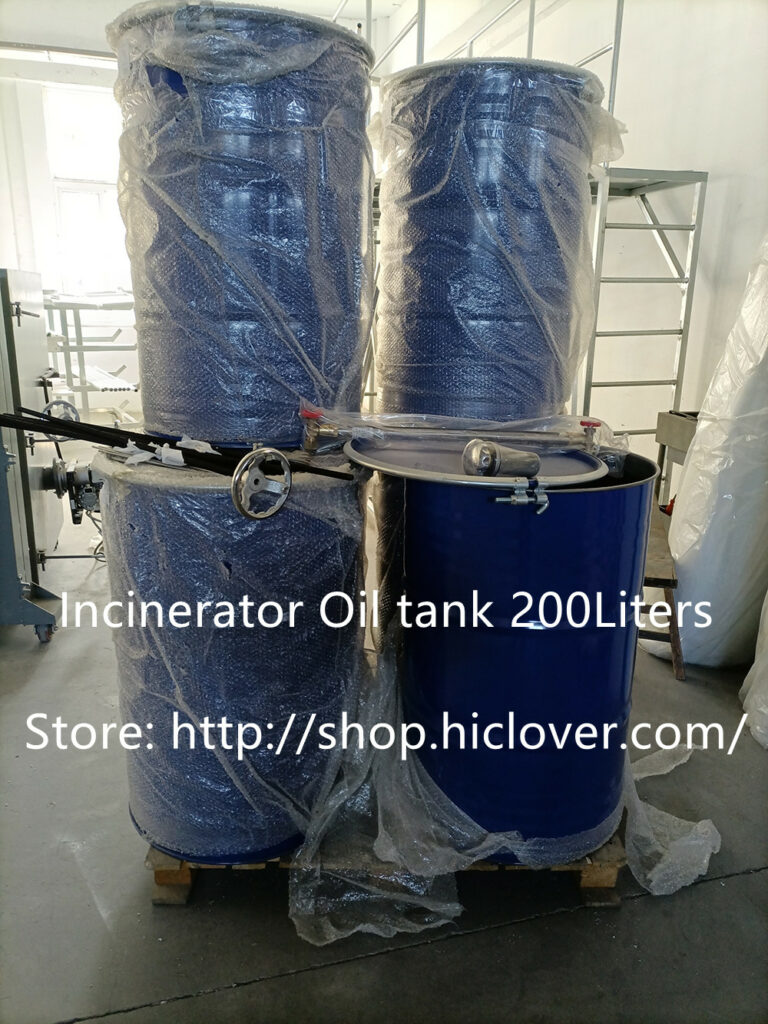Waste management is a pressing issue that affects every single person on this planet. With the ever-growing population and the proliferation of consumerism, waste production has reached unprecedented levels. The traditional methods of waste disposal, such as landfills and incineration, have proven to be unsustainable and damaging to the environment. However, new technologies and strategies are emerging to redefine waste management and offer sustainable solutions for disposal.
One such technology is waste-to-energy conversion. This process involves converting waste into energy through various methods such as incineration, thermal conversion, and anaerobic digestion. This not only reduces the volume of waste in landfills but also produces renewable energy that can be used to power homes and businesses. Waste-to-energy conversion also helps to reduce greenhouse gas emissions and mitigate climate change.
Another innovative approach to waste management is the implementation of decentralized waste treatment systems. These systems involve smaller, localized facilities that are designed to process and recycle waste at the source. This reduces the need for long-distance transport of waste to centralized treatment facilities and minimizes the environmental impact of waste disposal. Decentralized waste treatment systems also promote community involvement and education on responsible waste management practices.
In addition to technological advancements, redefining waste management also involves the implementation of new strategies and policies. One such strategy is the concept of a circular economy, which aims to minimize waste and maximize the value of resources through recycling, reusing, and repurposing. This shift in mindset requires a fundamental change in the way we produce and consume goods, with a focus on sustainable and environmentally friendly practices.
Furthermore, waste management is also being redefined through the advancement of smart technologies and data analytics. These technologies enable real-time monitoring and optimization of waste collection and disposal processes, leading to improved efficiency and reduced environmental impact. Smart technologies also provide valuable insights into waste generation patterns, allowing for better planning and resource allocation.
Redefining waste management is not just a matter of implementing new technologies and strategies; it also requires a shift in mindset and behavior. This involves education and awareness campaigns to promote responsible waste disposal practices, as well as the active involvement of individuals, businesses, and governments in sustainable waste management initiatives.
Overall, redefining waste management is an essential and timely endeavor that holds the potential to revolutionize the way we handle and dispose of waste. Through the adoption of new technologies and strategies, we can work towards a more sustainable and environmentally friendly future, where waste is seen as a valuable resource rather than a burden. It is only through collective efforts and a commitment to change that we can truly redefine waste management for the better.



